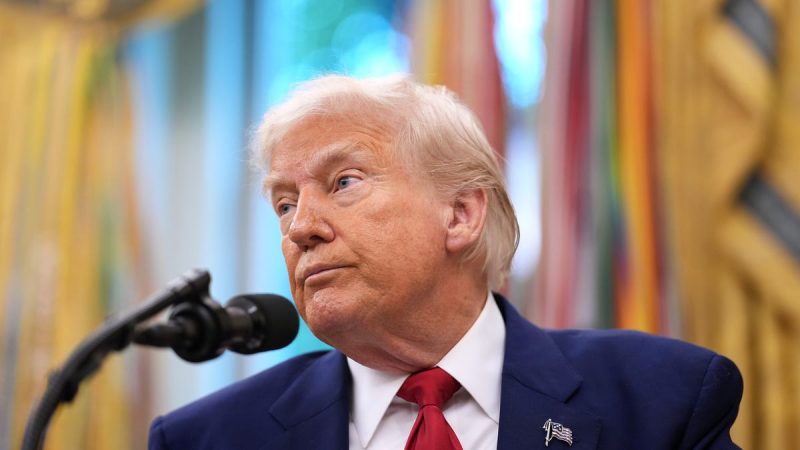
Global markets erupted in celebration following a landmark ruling by the U.S. Court of International Trade. The court determined that former President Donald Trump exceeded his authority when imposing certain tariffs, a decision that sent shockwaves through the global economic landscape. The ruling effectively invalidates these tariffs, opening the door for increased trade and potentially lower prices for consumers worldwide.
This decisive victory for free trade has been widely welcomed by economists and market analysts. The tariffs, implemented during the Trump administration, had been a significant source of friction in international trade relations, impacting businesses and consumers alike. Many argued they were detrimental to economic growth and fostered protectionist trade practices. The court’s decision represents a significant shift, signaling a potential return to a more open and collaborative global trading system.
The immediate impact was palpable. Stock markets around the globe saw significant gains, reflecting investor confidence in a less protectionist trade environment. This positive reaction underscores the widespread belief that the tariffs were ultimately harmful to both the U.S. and its trading partners. The long-term consequences remain to be seen, but the initial response suggests a significant positive shift in market sentiment.
The ruling also has broader implications for the future of trade policy. It serves as a powerful reminder of the importance of adhering to established legal frameworks and avoiding unilateral actions that can disrupt global trade. It will likely influence future trade disputes and potentially lead to a reassessment of similar protectionist measures implemented globally. The decision is a clear win for proponents of free and fair trade, and a potential turning point in the ongoing debate surrounding globalization and protectionism.










